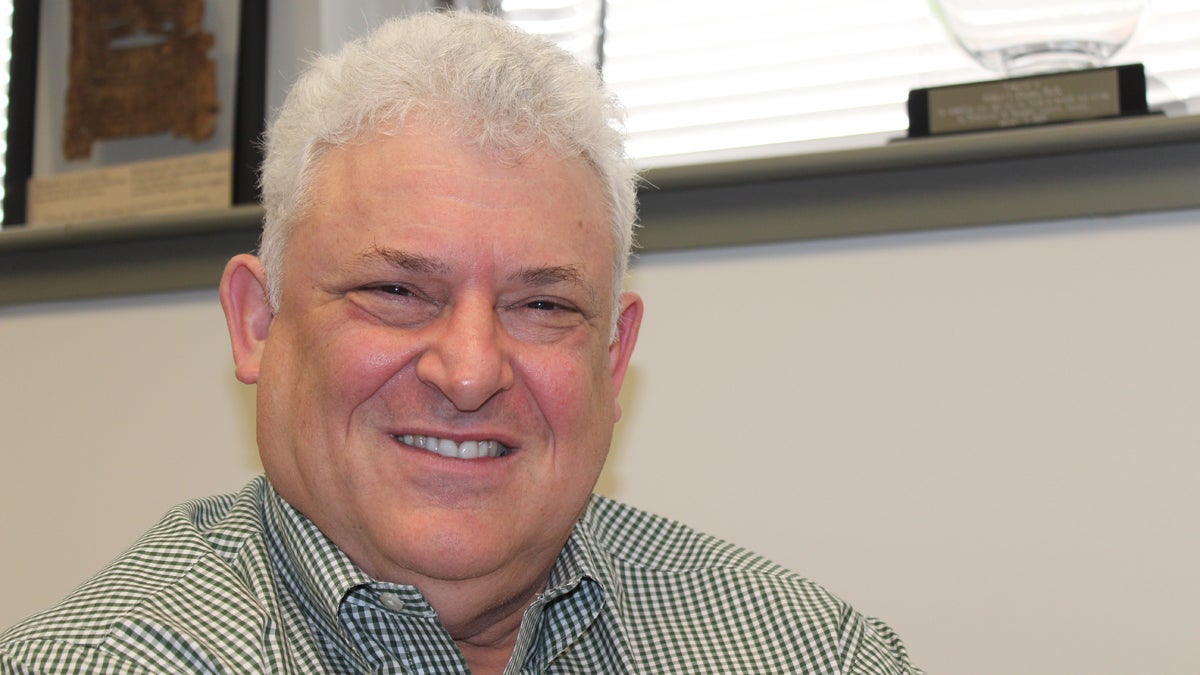How Art Caplan moved from a polio ward to an academic pinnacle
Listen
(Elisabeth Perez-Luna/for The Pulse)
A childhood bout with polio propelled Art Caplan into his career as the nation’s pre-eminent medical ethicist. First in a series, leaders in health and science explain what gave them The Spark.
When Art Caplan was a boy in Boston in the 1950s, he had polio.
Learning you have a disease that, in this era, killed as many as 3,000 young Americans a year was terrifying enough.
Being forced for months in 1957 to live in a polio ward where secrets were the order of the day was, as Caplan relates, even more distressing.
“In the hospital, there were plenty of injustices,” he says. “And I remember being very puzzled that the doctors wouldn’t tell us the truth about the kids who were dying, even though every one knew they were. … They wouldn’t even acknowledge it when the child died overnight in the bed next to you. Even at the age of 7, I was pretty sure that wasn’t the way to deal with seriously ill people.”
Caplan was one of the lucky ones. He experienced a cure that was stunningly sudden, and utterly mysterious.
But his experiences in the polio ward, both the anger and the cure, were in his view what generated his lifelong interest in science and medical ethics.
Art Caplan’s name might be familiar. Today, he is one of the nation’s best-known, and most loquacious, medical ethicists. For a long time a fixture at the University of Pennsylvania, he moved in 2012 to New York University. He’s a regular on television news shows, and has become the go-to guy for journalists with questions about issus in bioethics: stem cell research, organ transplants and trafficking, gene therapy, living wills … you name it.
It’s been a distinguished and productive career, all sparked by that childhood experience in a Massachusetts hospital. Listen to Caplan’s story by clicking on the audio bar above.
This is the first in a regular Pulse feature we call The Spark. We will ask leaders in the fields of science, medicine and innovation what experience provided the spark that lit in them a lifetime fire.
If there’s someone you admire whose story of The Spark you’d like to hear, or if you have one to tell yourself, let us know in the comments below, or by emailing thepulse@whyy.org.
WHYY is your source for fact-based, in-depth journalism and information. As a nonprofit organization, we rely on financial support from readers like you. Please give today.



